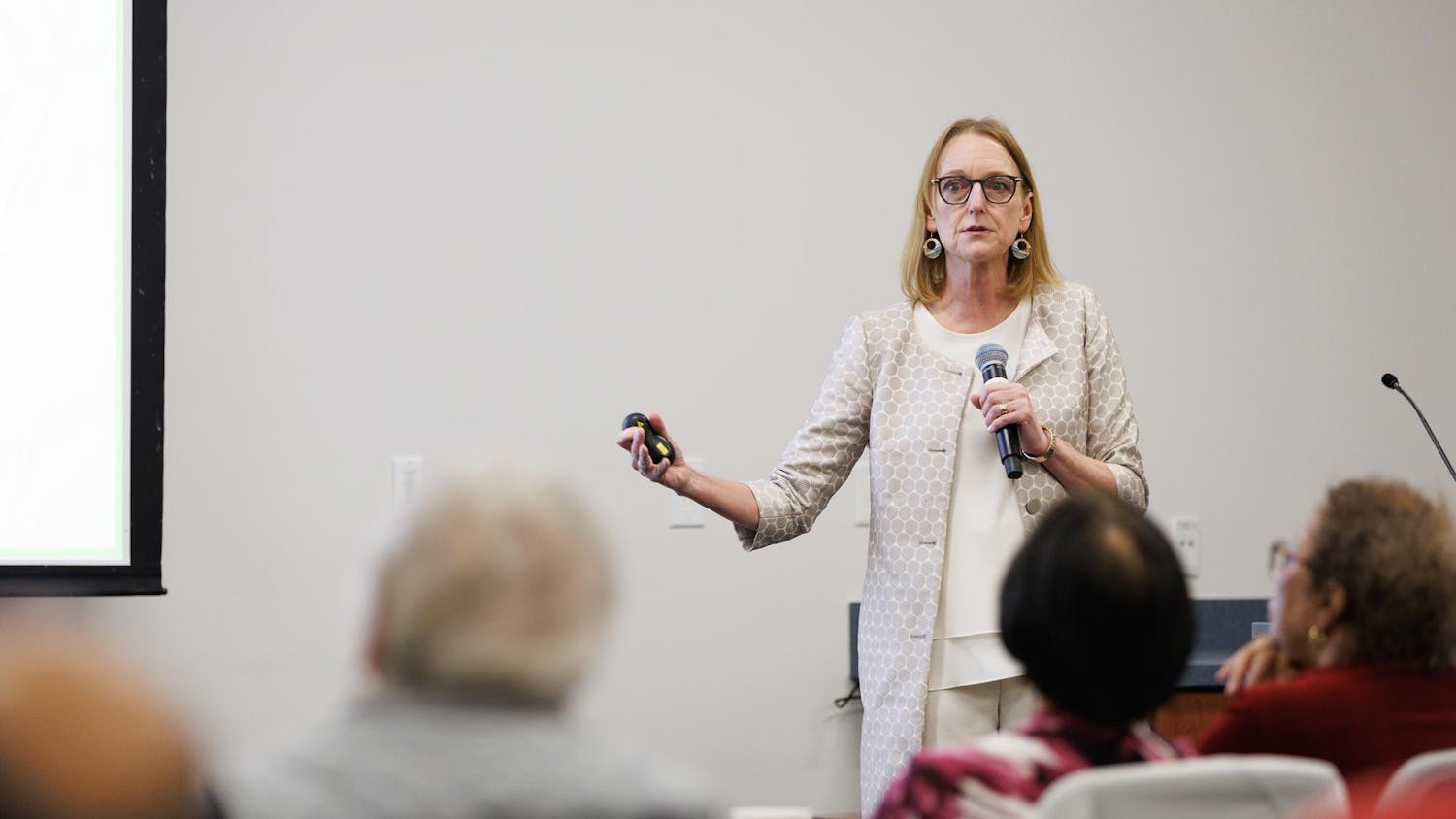Overconsumption has become a buzz word in the media today, particularly in the ongoing discussion about sustainability, but many of us don’t actually know what it means for ourselves directly.
Overconsumption applies to more than just the tangible. Just as overspending on clothes and wasting food is harmful to the environment, we should also consider our consumption of other people’s lives through social media as dangerous to ourselves.
Ever since I was old enough to use social media, my daily life has been tainted by an endless desire to be like other people — to do as others do and to have what others have. This tendency of comparison can overrun aspects of who you are as a person if you let it.
At the hands of overconsumption, we place our value in what we have — and how much of it. As we scroll, we feed ourselves with shopping haul after shopping haul, featuring ads for our favorite stores, all meant to convince us we need that pair of jeans that looked so good on the girl in the video.
Social media influencers are practiced at curating a highlight reel of their lives. They portray a seemingly perfect image of themselves, one that we compare ourselves to. So, when our favorite influencers are advertising a certain product that has improved their lives in some way, it is no surprise our instinct is to purchase the product.
In the span of just a few decades, technological advancements have made production easier while increasing our exposure to advertisements, according to an article by Sentient Media’s Seth Millstein. Furthermore, the rise of online shopping has led to further increases in purchasing power. These developments make it much more convenient for us to buy the products we are being told will change our lives.
It’s become a trend to constantly chase the next best thing.The idea that spending will better your life makes addressing the negative impacts of overconsumption unappealing, but living in indifference is harming our mental health.
We live in a society designed to make us constantly want more. But if that’s the case, no matter how much we consume, it will never be enough.
Kendall O’Connor is a 20-year-old UF English junior.






